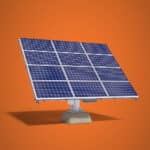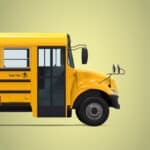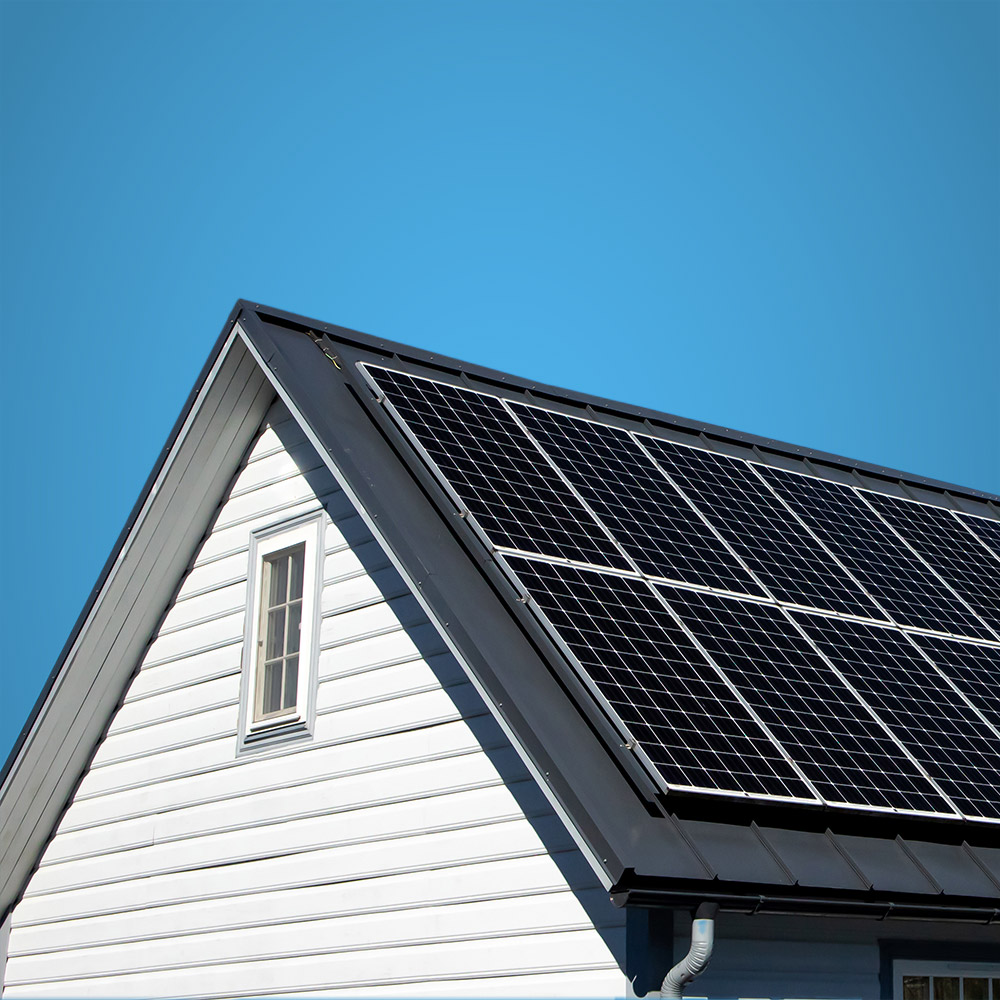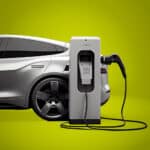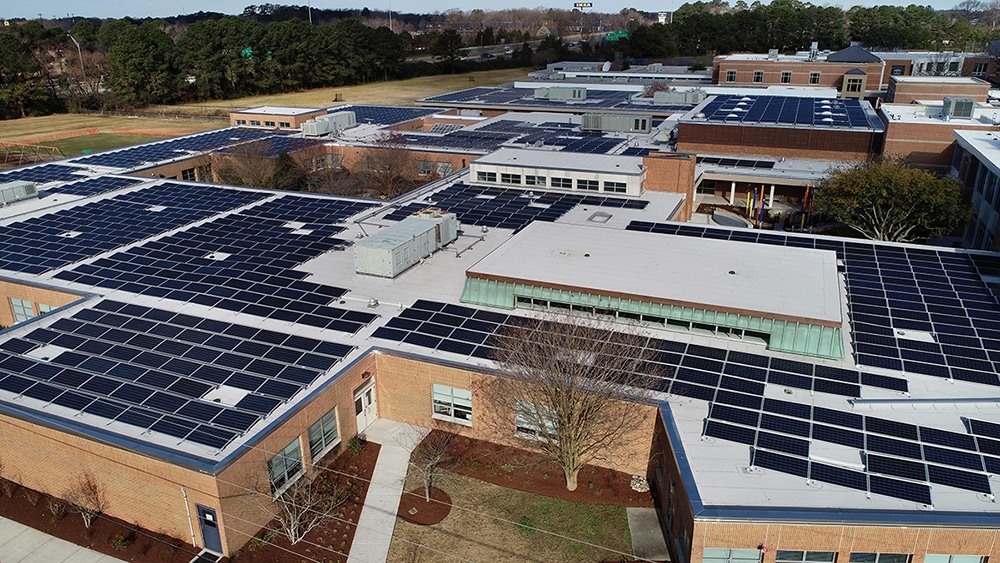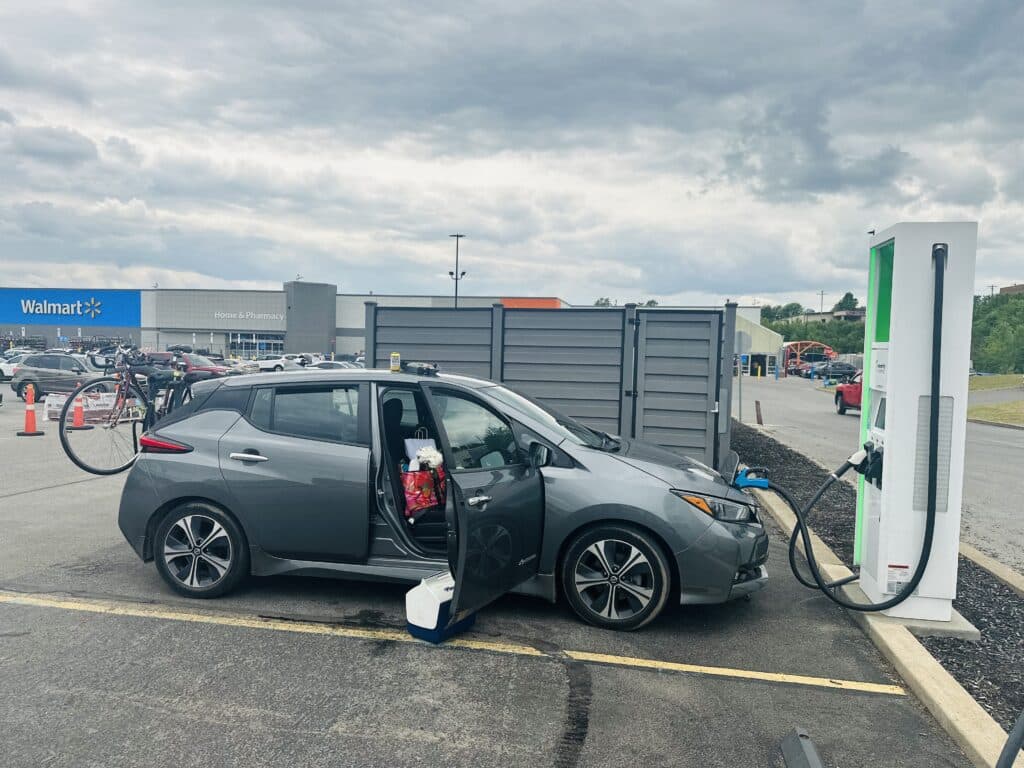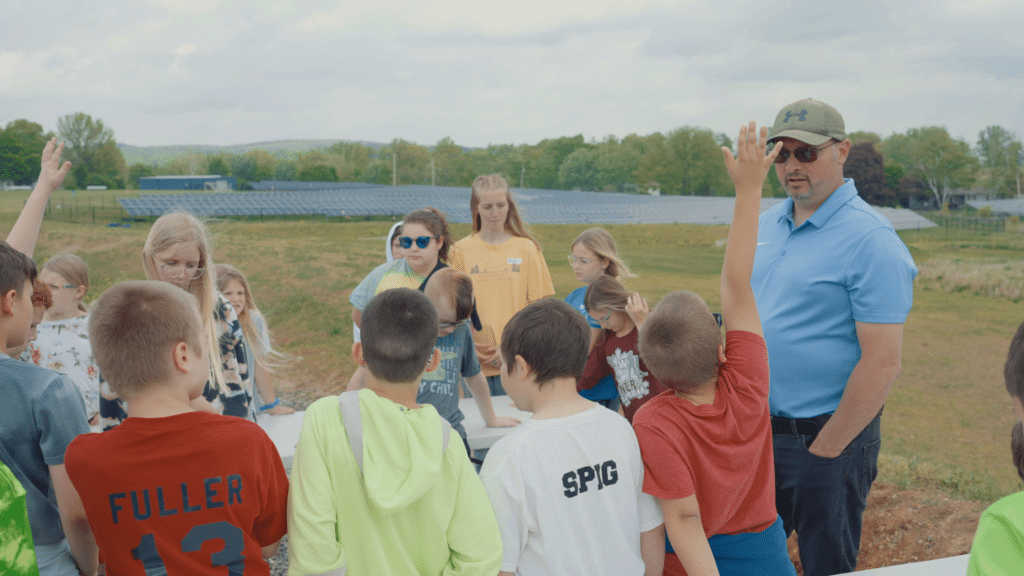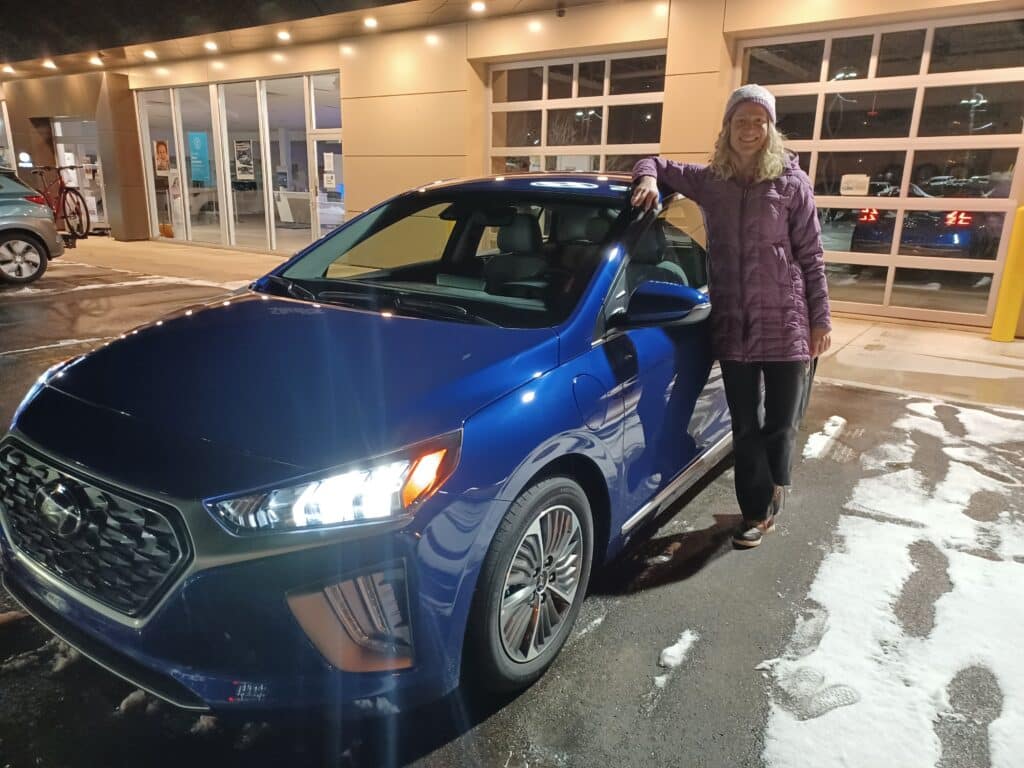This story is an excerpt from Generation180’s 2019 report on the state of solar in Virginia’s K-12 schools.
Norfolk Academy had considered going solar in the past but couldn’t make the numbers work. Ruth McElroy Amundsen, a NASA engineer and involved parent, knew that the campus’s large, flat roofs were ripe for solar. So she got creative to help the school maximize its solar potential and long-term cost savings.
With other parents at Norfolk Academy, Ruth started a new company, Sun Dogs LLC, that could raise money for the solar project, offer tax benefits to investors, and eventually donate the solar panels to the school. Sun Dogs raised $1 million to buy and install a 646 kilowatt photovoltaic system, the largest on any independent school in Virginia. By leveraging the federal tax credit for solar and deductions for depreciation, partners in the company were able to recoup 60% of their investment in the first year and the rest within seven years. Instead of gifting money directly to the school to buy the solar panels, investing the funds in Sun Dogs enables the parents to donate solar panels to the school AND get all their money back.
Through a power purchase agreement with Sun Dogs, the school buys the energy produced by the solar installation for seven years at the same rate it had been paying the local utility. After seven years, when the investment is fully repaid, the panels will be donated to the school so it can realize more than $80,000 annually in savings. In addition to lower energy bills, the school is reducing its carbon emissions by over 30% and generating enough clean energy on-site to power the James B. Massey Jr. Leadership Center.
The solar project has had a positive impact on students, staff, and the surrounding community. Three kiosks on campus provide real-time data on the system’s production and en-able teachers to integrate the rooftop technology into their classrooms. The sixth-grade class uses a couple of portable solar panels to measure and analyze how different weather conditions, times of day, and seasons affect the productivity of the panels. Inspired by the benefits gained by the school, some of the teachers have installed solar on their own homes.
Ruth has applied this innovative model to help others in her area reap the benefits of solar. She founded the Norfolk Qualified Opportunity Zone Fund, which enables businesses and nonprofits in economically distressed communities to benefit from free solar panels with no upfront cost to them.




